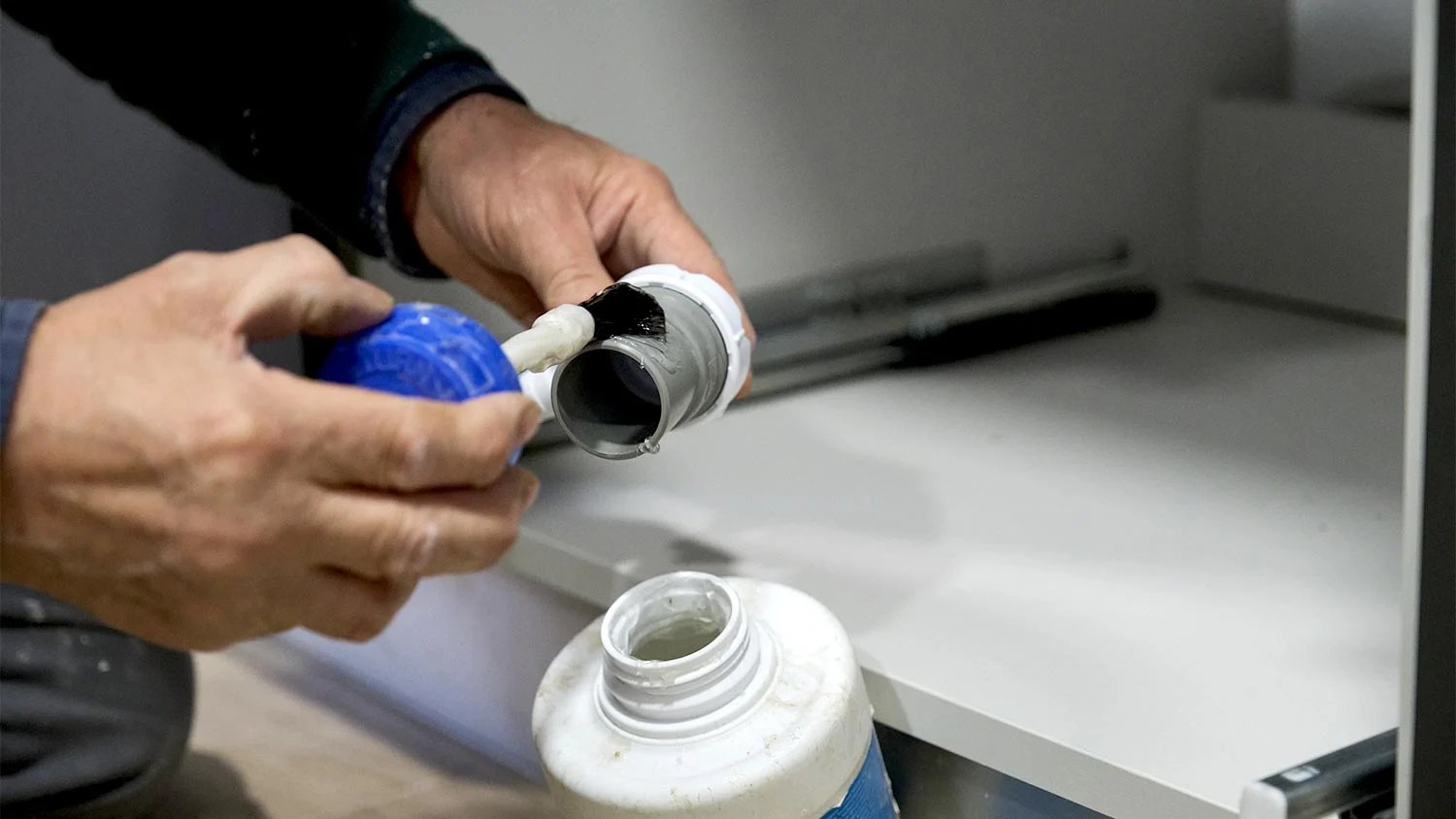When it comes to bonding PVC materials, PVC glue is an indispensable tool that has revolutionized plumbing, construction, and many DIY projects. This unique adhesive is designed specifically for joining polyvinyl chloride (PVC) surfaces, ensuring a robust and lasting connection. The science behind how does PVC glue work is fascinating, as it involves both chemical and physical processes that create a strong bond between the materials. In this article, we will explore the intricacies of PVC glue, delve into its applications, and answer some common questions surrounding its use.
PVC glue, often referred to as PVC cement, is not your average adhesive. Unlike typical glues that merely stick surfaces together, PVC glue operates on a different principle. It utilizes a solvent-based formula that softens the surface of the PVC during application, allowing the materials to fuse together. Once the solvent evaporates, a strong and durable bond is formed, making it ideal for various applications, from plumbing to crafting. Understanding how does PVC glue work can help you choose the right adhesive for your project and ensure a successful outcome.
In this comprehensive guide, we'll cover everything you need to know about PVC glue, including its composition, application techniques, and safety precautions. Whether you're a seasoned professional or a DIY enthusiast, knowing how PVC glue works can enhance your projects and lead to better results. Let's dive deeper into the world of PVC glue and uncover the secrets behind its effectiveness.
What is PVC Glue Made Of?
PVC glue is primarily composed of a solvent and a bonding agent. The solvent is crucial because it allows the glue to penetrate the PVC material, softening it and creating a weld-like bond. Here are the main components:
- Solvent: Typically, this is a mixture of chemical compounds that help to dissolve the PVC surface.
- Bonding Agent: This is a polymer that provides the adhesive properties once the solvent evaporates.
- Additives: These can include stabilizers and accelerators to enhance the glue's performance.
How Does PVC Glue Work in Bonding?
Understanding how does PVC glue work in bonding involves recognizing the two key processes: solvent action and polymerization. Here’s how they function:
1. Solvent Action
When PVC glue is applied to the surfaces, the solvent begins to dissolve the outer layer of the PVC. This softening effect prepares the materials for bonding.
2. Polymerization
As the solvent evaporates, the bonding agent forms a solid connection between the two pieces of PVC. This chemical reaction creates a bond that is often stronger than the original material.
What Are the Common Applications of PVC Glue?
PVC glue is versatile and is used in various applications, including:
- Plumbing: Joining pipes and fittings to ensure leak-proof connections.
- Construction: Assembling PVC frames, windows, and doors.
- Crafting: Creating art projects and models using PVC sheets.
- Automotive: Repairing or attaching PVC components in vehicles.
How Do You Apply PVC Glue Properly?
To achieve the best results with PVC glue, proper application is key. Here’s a step-by-step guide:
- Clean the Surfaces: Ensure that both surfaces are free of dust, grease, and debris.
- Apply the Glue: Use a brush or applicator to spread the glue evenly on both surfaces.
- Join the Pieces: Press the surfaces together firmly and hold them in place for a few seconds.
- Allow to Cure: Let the bond cure for the recommended time before using the joined pieces.
What Safety Precautions Should You Take When Using PVC Glue?
Safety is paramount when working with PVC glue. Here are some precautions to consider:
- Ventilation: Always work in a well-ventilated area to minimize inhalation of fumes.
- Protective Gear: Wear gloves and safety goggles to protect your skin and eyes.
- Storage: Store PVC glue in a cool, dry place, away from heat sources.
How Does PVC Glue Compare to Other Adhesives?
When comparing PVC glue to other adhesives, several factors come into play:
- Strength: PVC glue often provides a stronger bond for PVC materials compared to other adhesives.
- Application: PVC glue is designed specifically for PVC, while other adhesives may not perform as well.
- Drying Time: PVC glue typically dries faster compared to some epoxy or polyurethane adhesives.
Can PVC Glue Be Used for Other Materials?
While PVC glue is specifically formulated for PVC, it can sometimes be used on other plastic materials. However, it’s essential to consider:
- Compatibility: Ensure that the other material is compatible with PVC glue for effective bonding.
- Performance: The bond strength may differ when used on non-PVC materials.
Conclusion: Why Understanding How Does PVC Glue Work is Important?
In conclusion, understanding how does PVC glue work is vital for anyone involved in projects that require bonding PVC materials. With its unique composition and bonding mechanism, PVC glue offers a reliable solution for a variety of applications. By following proper application techniques and safety precautions, you can ensure a successful and durable bond every time. Whether you’re a professional or a DIY enthusiast, mastering the use of PVC glue will enhance your skills and lead to better project outcomes.
You Might Also Like
Understanding The Differences: Ballpoint Vs Rollerball Vs Gel PensExploring The Beauty And Functionality Of A Large Wooden Box With Lid
Mastering The Art Of Diagnosing Car Problems
Unlocking The Mystery: How To Find My Student ID
Elegance Redefined: The Allure Of White Dress Engagements
Article Recommendations
- Ella Cervetto A Remarkable Talent In The Spotlight
- Ela Cervetto The Life And Achievements Of A Remarkable Talent
- Al Gore Climate Advocate And Innovator


